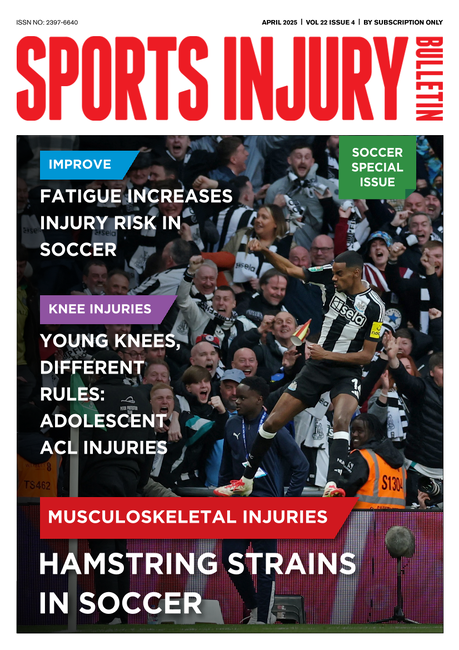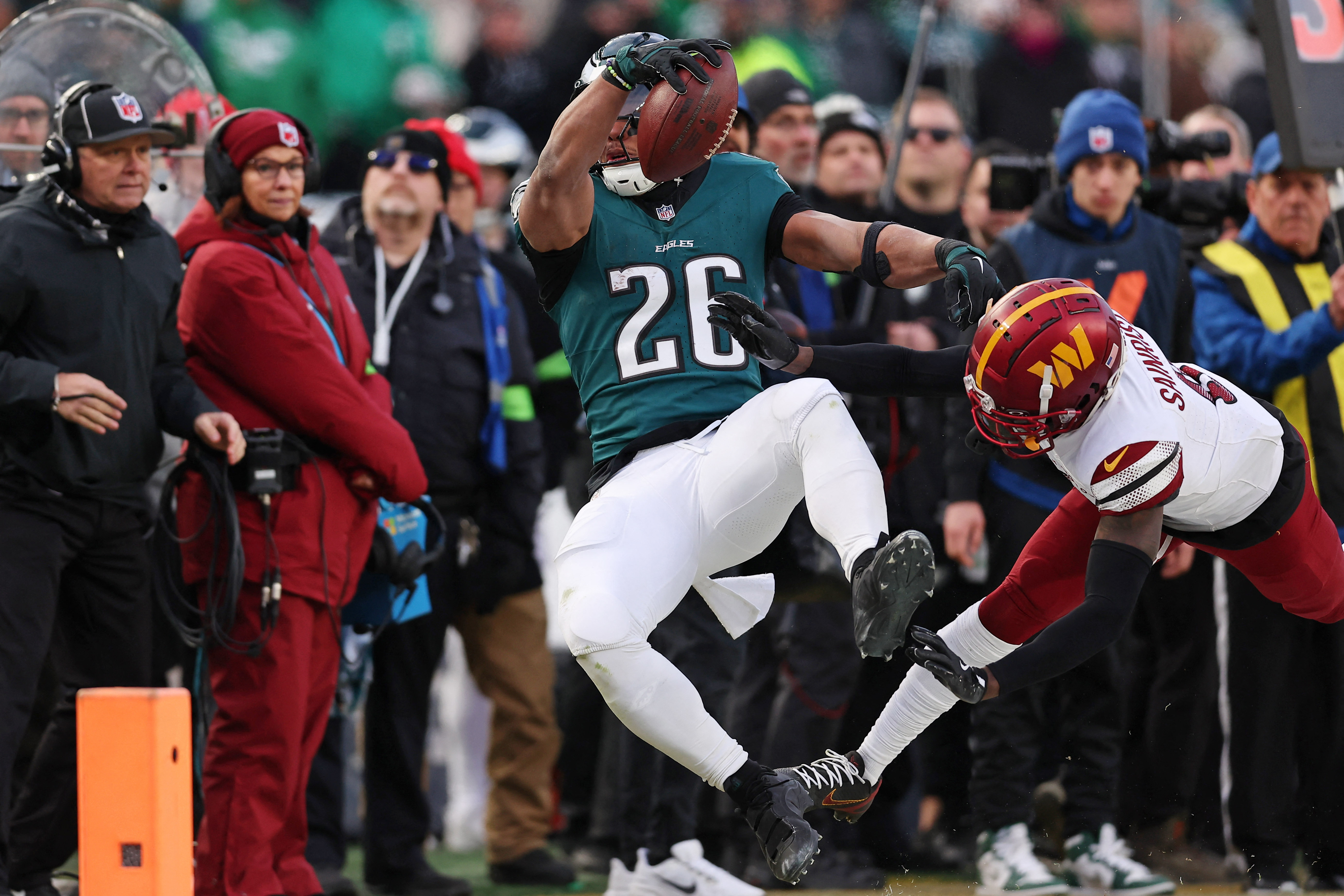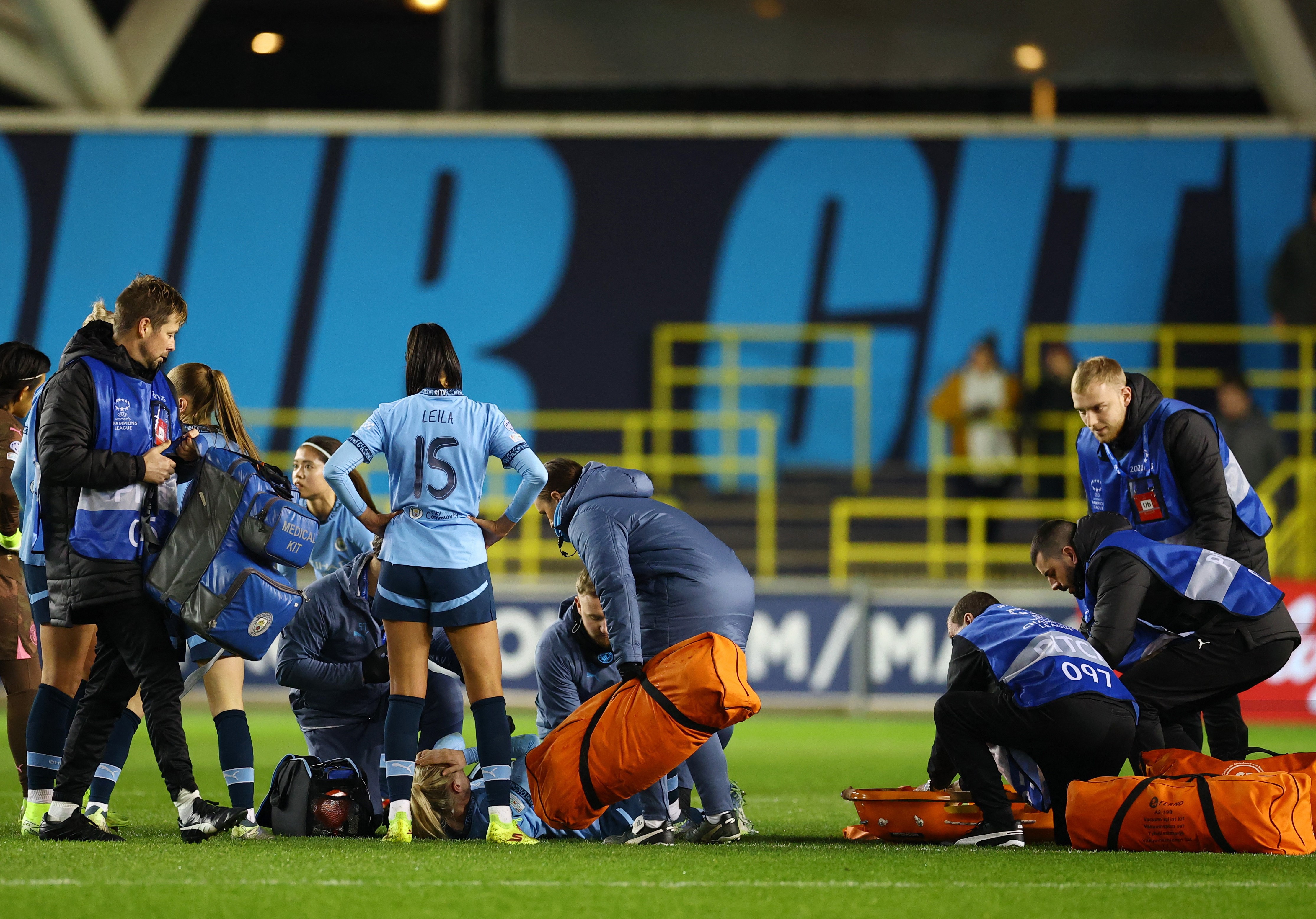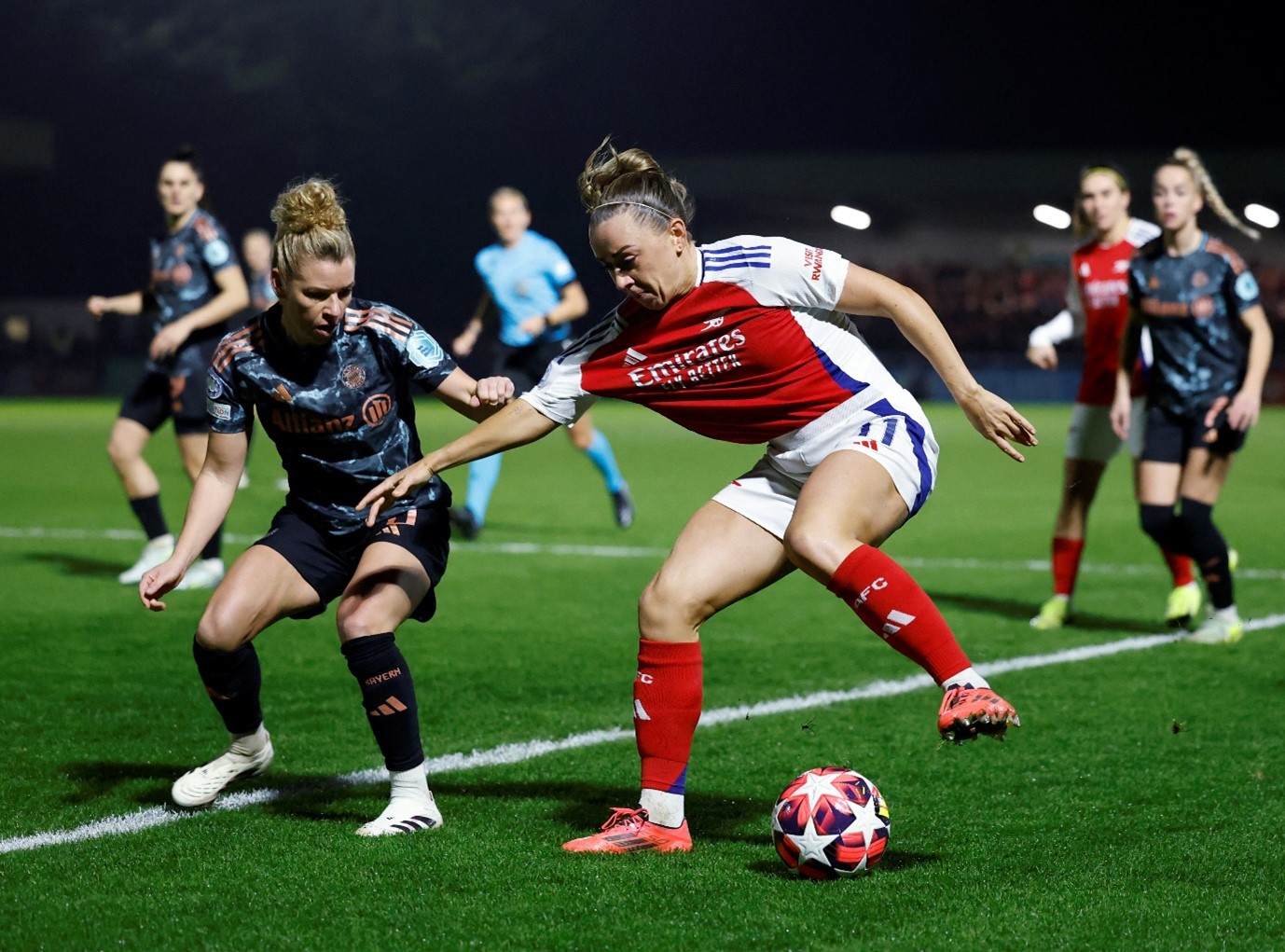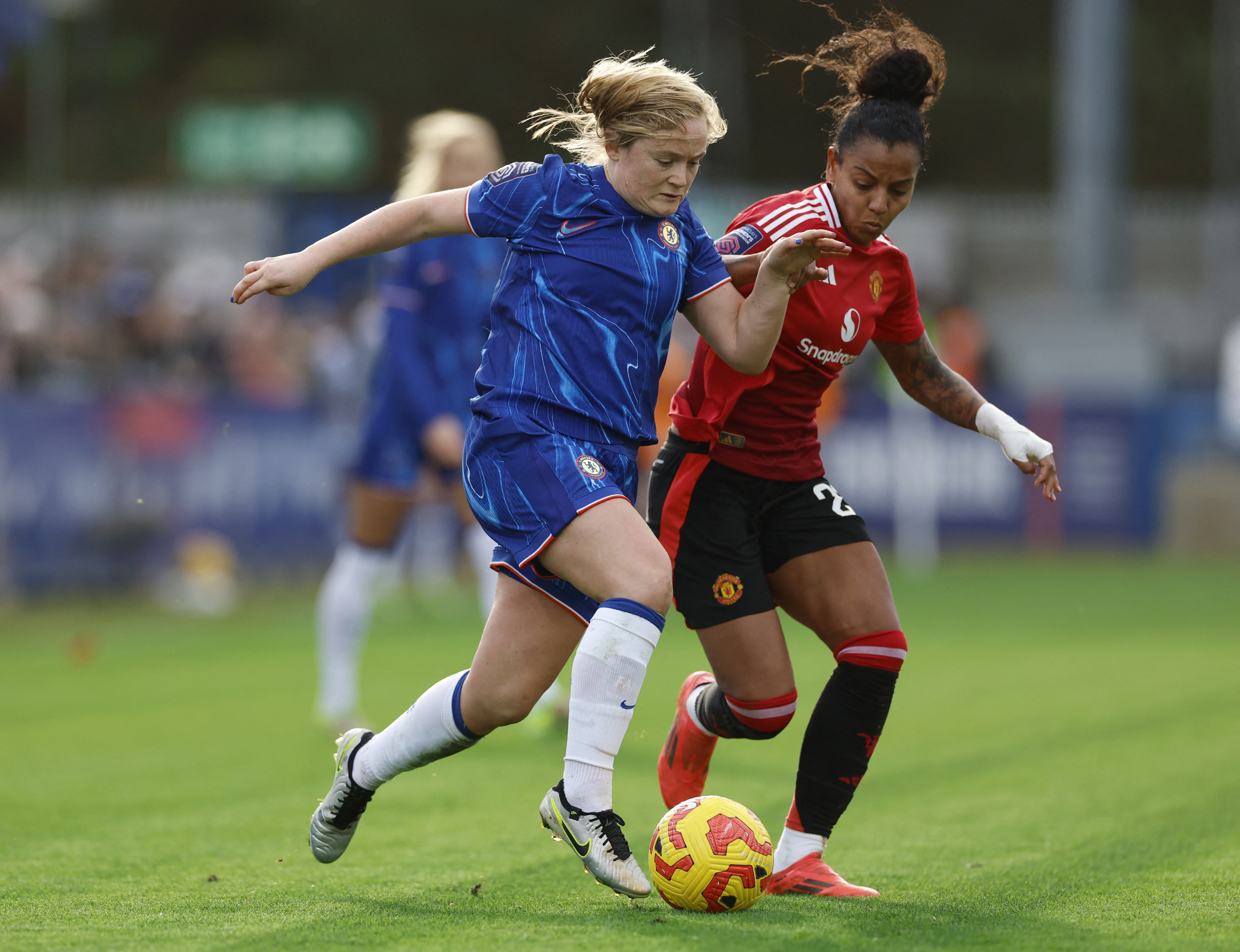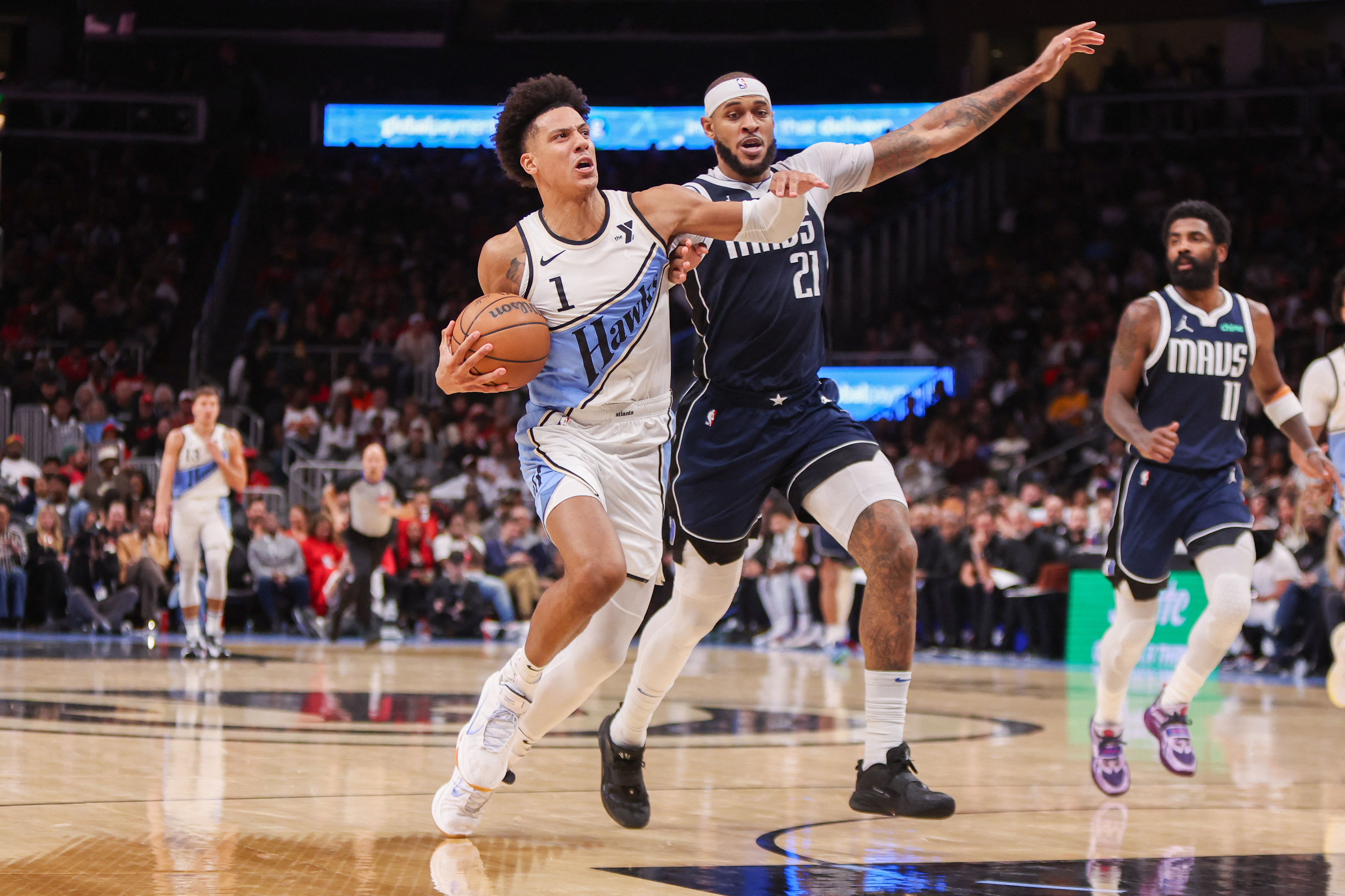Manage setbacks successfully - foster mental flexibility, not toughness in athletes

It is clear why mental toughness is so revered. The tale of an athlete that suffers through a setback and comes out on top creates good media sound bites and a compelling story. But psychologists, coaches, and therapists are gradually realizing that athletes aren’t just commodities; they are people too. While athletes might need to be tough, people need to be flexible. Psychologists are rapidly adopting approaches that focus on the athlete as a person taking into account their values, passions, and purpose alongside their sporting goals. It then becomes essential to encourage athletes to develop the flexibility they need to thrive as individuals. It will help them cope with their daily lives and the inevitable setbacks and injuries that come from training and competition.
Ramming through
Sports professionals often describe the self-regulatory skills that help athletes cope with training, competition, and an intense athletic lifestyle as mental toughness(1). This approach recognizes the sustained determination, focus, and confidence required to buffer against the significant challenges and stressors that are part of a sporting life. The thought is this mental stance allows athletes to recover from adversities quickly(2).Yet, the idea that an athlete can barge their way through their sport, pushing injuries, illness, or worries to the side without stress is unrealistic. This tactic values the outcome and not the process. Athletes who take this stance to challenges may cause themselves physical harm in the form of overuse or chronic injury. Athletes with high mental toughness take more physical risks and play with injuries(3). They don’t just push through pain; they block it out(4).
Visualize mental toughness as an American football player ramming their way through the defensive line using only their size and power to get their ball to the goal. Mental flexibility, however, is a more nimble, agile opponent, zig-zagging their way through the field, spotting gaps, and taking advantage of the path with the least resistance. They both may score, but the agile athlete has fewer bruises and far less cortisol (stress hormone) flooding their body; Thus they can make better tactical decisions.
Go with the flow
An athlete with mental flexibility adapts to stressful events or setbacks even when confronted by unhelpful thoughts or emotions. They achieve the desired outcome with a process that allows them to adjust to the demands of a situation, pick the right mental resources to put in place, shift perspective if necessary, and balance new requirements with their core values. This approach to changing and adapting is beneficial in uncertain times. There’s been no greater challenge to athletes than the novel coronavirus pandemic and its effects on sport. Therefore, while rehabbing injuries and maintaining competition form, it’s also important to foster mental flexibility among athletes.Athletes with mental rigidity struggle. A meta-analysis of 27 studies found that mental inflexibility creates a lower quality of life, higher levels of poor mental health, and difficulty controlling emotions(5). The rigidity allows adverse events to dominate thoughts, which prevents an athlete from taking effective action and striving toward their goals. The athlete utilizes less effective coping mechanisms and, as a result, may demonstrate negative behaviors in response to injuries or setbacks(6).
With psychological flexibility, athletes learn to accept the things they fear because doing so allows them to work towards their goals(5). They can tolerate the thoughts and emotions that make them feel uncomfortable, enabling them to focus on what matters. Less time gets wasted worrying about the things they can’t control. Instead, they tune in on the variables they can govern, like training effort and schedule.
Because they tolerate the difficult thoughts and emotions, athletes don’t need to rely on avoidance tactics. Instead of burying their heads in the sand, hoping an injury will heal by itself, they accept they have something wrong, investigate the possible cause, and contact a trainer or clinician for help. They confront, accept, learn, and then act. This solution-based approach to struggle helps them manage setbacks and improves their sporting performance(7).
World Champion level flexibility
The four-time Ironman World Champion, Chrissie Wellington, is known for being mentally tough. She won her last world championship with broken ribs and bruising from a bike crash she suffered a week before race day. But the previous year, at those same Ironman World Championships, she pulled out of the race a few hours before the start with illness. While the world interprets her last win as an overwhelming display of mental toughness, examining her career history shows she demonstrates mental flexibility. In each circumstance, she observed, accepted, and adapted to what was possible. Clear in her values and with a deep understanding of her own body, she used her mental agility to make the best decision for herself on race day.On the day she raced with those bike crash injuries, she admits it was not easy. “I was scared of the pain, scared of not being able to do my best, and yes, scared of losing. The solution was to change my expectations for the race, adjust my approach to racing, and change my perception of success. Rather than focusing on a desired outcome (winning), I focused on the process (doing the very best I could every minute of the race)(8).”
Her advice to athletes wanting to increase their mental agility is never to expect a perfect race, accept constant change, and celebrate the journey instead of fighting the process. “Whether a world champion or novice, we will experience racing highs that must be savored and endure lows when things don’t go according to plan. Remember all the good times and high points you’ve had along the way, and make sure you value and treasure those as much as the result itself.”
Strategies to develop mental flexibility
To measure an athlete’s mental flexibility, psychologists can administer the Psychological Flexibility in Sport Scale (PFSS). The test asks seven questions about inflexibility:- How previous failures impact future performances
- How nerves influence before and during a performance
- Whether unhelpful thoughts or feelings impair performance
- How feelings are coped with compared to competitors
- The presence of performance anxiety.
The first step in developing mental flexibility is to encourage athletes to separate themselves from their thoughts. If you notice an athlete heading into a downward spiral, remind them they are not their thoughts. Meditation is a useful tool for this strategy. It allows athletes to notice their thoughts while not owning them. Another way to demonstrate the separateness of thought is to use the ‘silly voice’ technique. Here, when they notice an unhelpful thought, they repeat it out loud in a cartoon voice. Mickey and Minnie Mouse are popular choices. Suddenly all the power and poison is sucked from the negative thought, and they can see it for what it is, unhelpful and distracting.
Next, an athlete can ponder their values. They should become rigid in their values (because they are essential to who they are) but flexible on what it takes to meet them. A clever way to get athletes reflecting on their values is to ask them to scroll through the photos section on their smartphone and see if any themes stand out, such as family, friends, nature, achievement, or knowledge. What do their pictures highlight about what matters to them?
Finally, to practice their agility, they can undertake a ‘Yes/No’ activity. Suggest that every day for a week, the athlete tries something new. It could be washing up straight after dinner or driving a different route home. The following week, propose they stop doing something they typically do every day, like making the bed or having the same food for breakfast. Keep these activities innocuous but a little uncomfortable, so they begin to believe that they can be flexible when things aren’t going exactly how they planned.
Mindfulness, connection to values, and small daily interruptions to routine help foster mental flexibility in athletes. Use these strategies with athletes who struggle with setbacks and injuries. Developing mental agility supports physical performance and promotes long-term psychological health.
References
- Mental toughness: The mindset behind sporting achievement. 2010. Routledge.
- J Personality.2015;83(1):26-44.
- J Sports Sciences.2010;28:699-716.
- Perceptual & Motor Skills.2005;100:192-194.
- Behav Res Ther.2006;44:1–25.
- Clin. Sport Psychol.2009;3:291–302.
- Clin. Sport Psychol. 2019;14:170–181.
- To the Finish Line: A World Champion Triathlete's Guide To Your Perfect Race. Little, Brown.
You need to be logged in to continue reading.
Please register for limited access or take a 30-day risk-free trial of Sports Injury Bulletin to experience the full benefits of a subscription.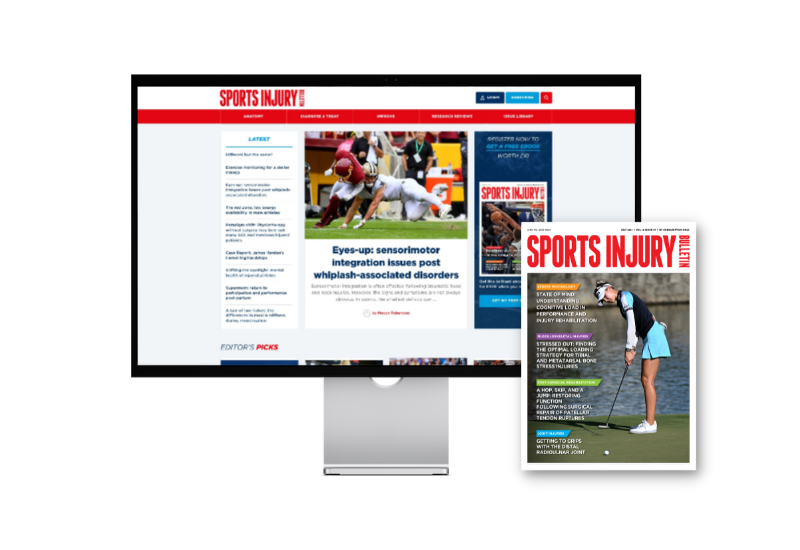 TAKE A RISK-FREE TRIAL
TAKE A RISK-FREE TRIAL
Newsletter Sign Up
Subscriber Testimonials
Dr. Alexandra Fandetti-Robin, Back & Body Chiropractic
Elspeth Cowell MSCh DpodM SRCh HCPC reg
William Hunter, Nuffield Health
Newsletter Sign Up
Coaches Testimonials
Dr. Alexandra Fandetti-Robin, Back & Body Chiropractic
Elspeth Cowell MSCh DpodM SRCh HCPC reg
William Hunter, Nuffield Health
Be at the leading edge of sports injury management
Our international team of qualified experts (see above) spend hours poring over scores of technical journals and medical papers that even the most interested professionals don't have time to read.
For 17 years, we've helped hard-working physiotherapists and sports professionals like you, overwhelmed by the vast amount of new research, bring science to their treatment. Sports Injury Bulletin is the ideal resource for practitioners too busy to cull through all the monthly journals to find meaningful and applicable studies.
*includes 3 coaching manuals
Get Inspired
All the latest techniques and approaches
Sports Injury Bulletin brings together a worldwide panel of experts – including physiotherapists, doctors, researchers and sports scientists. Together we deliver everything you need to help your clients avoid – or recover as quickly as possible from – injuries.
We strip away the scientific jargon and deliver you easy-to-follow training exercises, nutrition tips, psychological strategies and recovery programmes and exercises in plain English.

